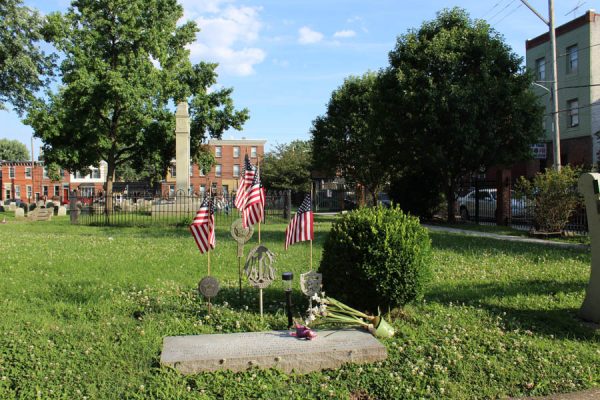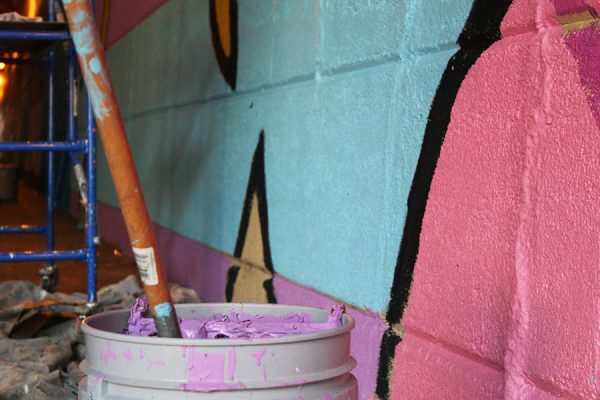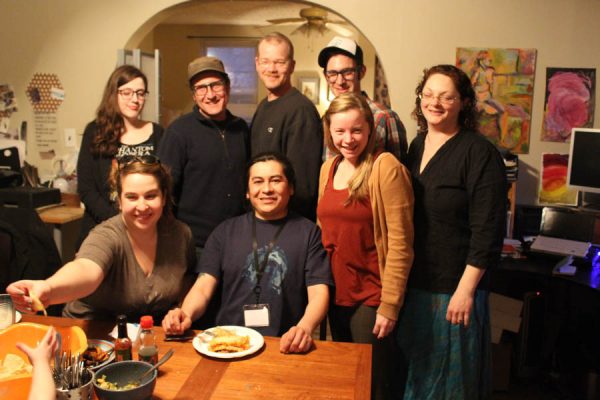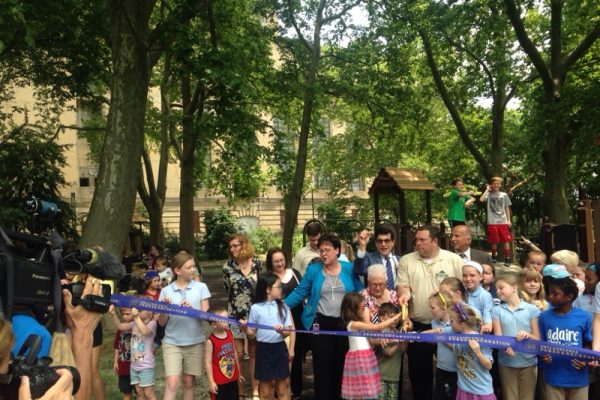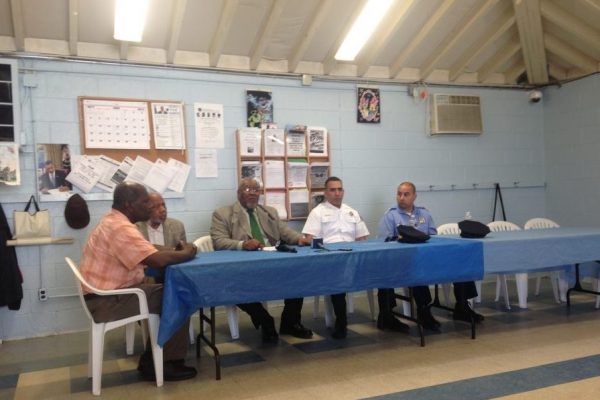Dennis O’Brien: Remembering How to Run
Maybe Denny O’Brien doesn’t remember how to run for office.
For a guy who spent most of his life as a State Representative — which requires being re-elected every two years — O’Brien really has very little experience being opposed. In his last five elections for Pennsylvania’s 169th representative district he never got less than 99 percent of the vote. No one even challenged him.
In 2011 he gave up his seat in Harrisburg to focus on his hometown politics. He ran for the first time city-wide and took first place in four Northeast Philly wards. He came in second behind Bill Green or Al Taubenberger in a handful of others. That was pretty much all he needed: He ran well enough in the rest of the city to finish nearly 10,000 votes ahead of his nearest minority party competitors.
Now some see O’Brien as vulnerable. Well, he’s not acting like it. He cites name recognition and a growing base as his reason for confidence.
“The bottom line is I’ve had people in Northeast Philly voting for me for 35 years, Democrats and Republicans, so I have a base,” O’Brien said. “Also because of my advocacy for healthcare for autism and [other conditions], advocacy for my kids to learn differently, being speaker of the house and the unusual way that I became speaker, I have a broad reach. As City Councilman I’ve been very active throughout the city. I’m hoping that reaches even further.”
O’Brien refused to address his opponents or the current political situation, other than to critique some tactics.
“It’s easy to make a checklist of things you don’t like and run on that,” he said. “But what are you going to do?”
“I just focus on the future. People shouldn’t vote for me on what I’ve done. They should look at what I’m going to do.”
As for what he wants to do, particularly for areas like the Riverwards, he cites expanding a crime prevention program called, “Focused Deterrence.”
“Basically, we focus on the most violent offenders: Those that shoot and are most likely to get shot. We look at the group of people that they hang with — not a gang — but who they associate with. Then we have a ‘call-in,’” O’Brien said.
He explained that various levels of law enforcement — from Philadelphia Police and the DEA, to the D.A.’s office and Family Court — take a look at their records and see if there are outstanding legal issues to be addressed (probation violations, failure to pay child-support etc.). But rather than jam them up further they offer options.
“We ask them, ‘What do you need to get out [of the violent cycle]?’” O’Brien said. “The first call-in we had somebody who wanted to go to Community College, somebody else wanted to go to a residential drug and alcohol treatment, someone else who wanted their GED.”
He said the plan is working wonders in South Philly. The next move is likely to the Southwest section of the city, but troubled areas in the 24th and 25th police districts are also good landing spots, according to O’Brien.
The community partnerships within the program are invaluable. O’Brien said a lot of the offenders grew up with learning disabilities like dyslexia and struggled with written tests because they see B’s and D’s differently. Many “felt worthless their during their childhood” because they couldn’t read.
“We get church groups who say [to a participant] ‘Your life has value.’ It means something to a person who’s always felt like a piece of crap,” O’Brien said.
He points out that his plans for “learning differently” for kids with various issues could head off those violence and criminal justice problems before they start.
“The kid who got a 20 on a written test … probably gets a 100 on a verbal test,” O’Brien said.
“It’s all connected.”
You’ve got the power to vote, here’s everything you need to know to make the most informed decision on November 3rd.


